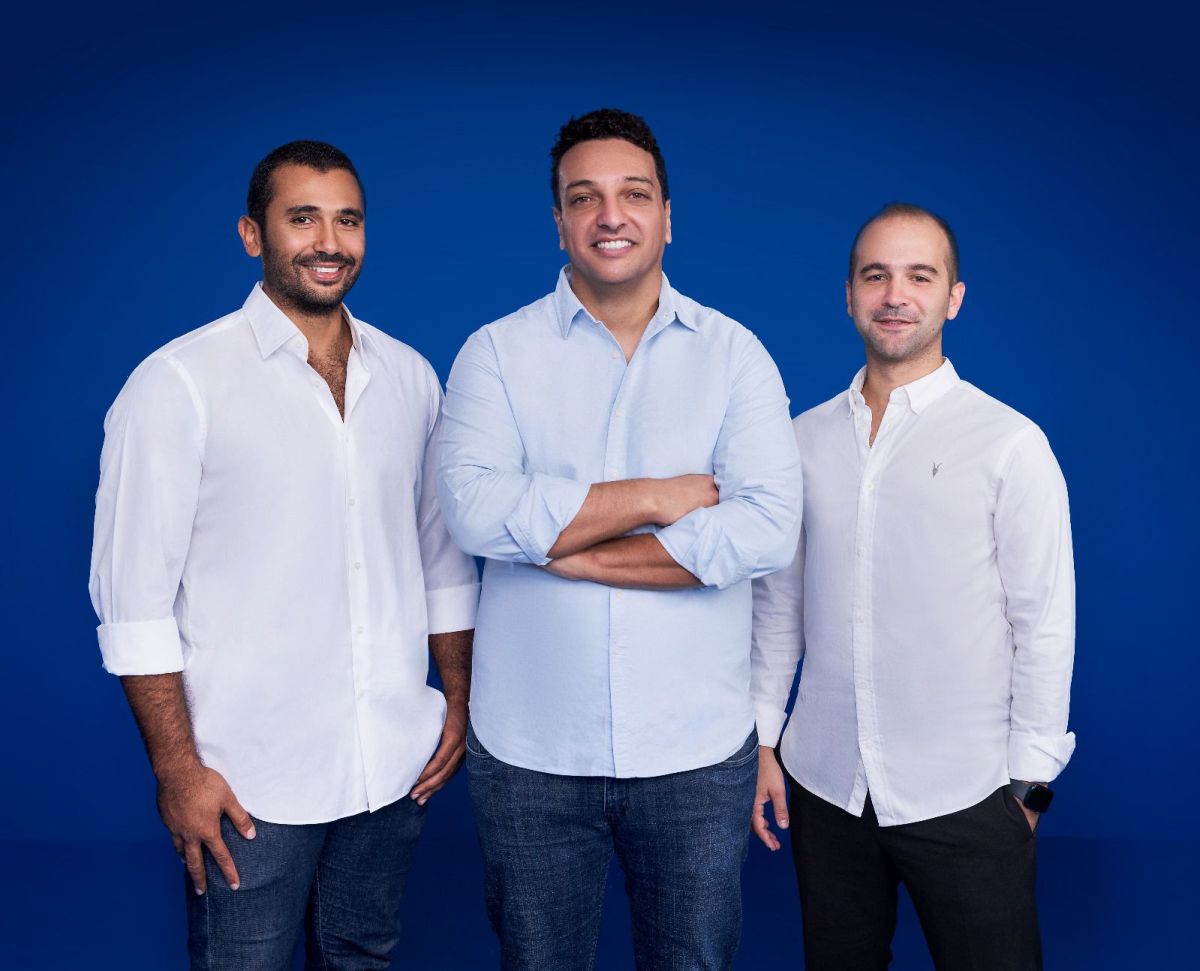Not many ecosystems outside of Silicon Valley can boast successful tech startups launched by founders while still in school or shortly after dropping out. So, when such events occur in regions like the Middle East or Africa, the companies are worth paying attention to.
A decade ago, Islam Shawky, Alain El Hajj, and Mostafa Menessy, three undergraduates from the American University in Cairo, launched an e-commerce platform in Egypt. At the time, e-commerce was an extremely nascent industry in which only 2% of households in the country participated. One big reason was a lack of online payment methods.
“There was a gap between what banks were offering and the financial technology requirements of new business models. No one had been tackling digital payments for e-commerce and digital native startups,” Shawky said in a 2022 interview.
Integrating a payment gateway from local banks with their e-commerce platform was a hassle, so Shawky and his friends launched Paymob as a payment infrastructure for digital wallets in 2015 while still in college. What began as a small venture has quickly evolved into an omnichannel gateway offering over 50 payment methods, including wallets, cards, buy now pay later (BNPL), and QR payments, enabling 350,000+ merchants across five countries in the Middle East and North Africa to accept online and offline payments.
So far, Paymob, which describes itself as a financial services enabler, has raised over $90 million to scale up to this point, including a recently closed $22 million extension to its Series B round led by EBRD Venture Capital. That brings its total Series B raise to $72 million.
Cross-selling services to a growing merchant base
When we last covered Paymob in 2022, the fintech served just over 100,000 local and international merchants. It has more than tripled that number in the two years following its expansion from Egypt and Pakistan into Oman, Saudi Arabia, and the UAE.
Paymob’s initial $50 million Series B round in 2022, co-led by PayPal Ventures, which participated in the extension round, spurred this expansion. Within this period, the fintech also improved its product suite, CEO Shawky told TechCrunch on a call. It launched an app for small and medium businesses (SMBs) and introduced payment methods like embedded checkout experiences and products like lending and advanced settlements.
“We help businessees accept, pay, manage and grow, that’s the four divisions that we have. Acceptance is the engine and the core business and we cross-sell everything based on it,” Shawky explains. “After onboarding merchants, we help them accept digital transactions, and then step by step, help with payables, provide working capital, and give them tools to manage their finances and businesses better.”
Paymob became profitable in Egypt for the first time in the second quarter of this year, where its revenues have grown sixfold since mid-2022. It’s still not profitable in other countries.
Increasing its merchant number and boosting the average revenue per merchant by cross-selling additional services has contributed heavily to the startup’s success so far. For example, if a Paymob customer only has a POS terminal that accepts cards, that covers just 10-15% of their business. By offering a suite of products through partnerships with Shopify and Tabby, Paymob’s margins have improved significantly. Doing this at scale, digitally, and without needing a massive salesforce likely drove efficient growth (Paymob has a little over 1,000 employees).
“What we’re most excited about is that we’ve managed to grow profitably because in the past two years, a lot of people were saying, we had to stop growing in order to reach profitability or to conserve runway,” remarked Shawky. “But we’ve showcased that if you build a fundamentally sound business and actually address a client’s need, you can scale fast while reaching profitability.”
Rapid adoption of online payments in the UAE
Indeed, digital payment adoption is surging across Egypt and in the Gulf.
In Egypt, 88% of consumers have used at least one emerging payment method in the past year, and 85% of SMEs recognize that accepting omnichannel digital payments is critical to their growth, according to Mastercard. Meanwhile, in the UAE, demand for digital payment methods is more pronounced, with around 77% adoption nationwide.
Based on conversations with founders, it’s clear that despite this strong demand, the market remains underserved. As such, fintechs that have expanded into the UAE, like Paymob and local players like Ziina, which we covered last week, are racing to fill the gap by offering tailored solutions to half a million merchants, tapping into the country’s growing appetite for digital payments.
As an illustration of this explosion in demand, Paymob offers only an online acceptance product in the UAE, yet in just 14 months, its transaction volume in the UAE has grown to match the size of its entire Egyptian business, which took five years to build. Reasons for that rapid growth in the Middle Eastern country include higher purchasing power, currency strength, and the larger share of digital wallets compared to cash usage.
Nevertheless, Egypt remains its largest market. Shawky is confident that fintech’s suite of products, aimed at advancing a cashless society and combined with the government’s and central bank’s efforts, will help Egypt reach the same level of digital payment adoption seen in the UAE.
“Issuance and acceptance need to go hand in hand for Egypt’s economy to reach this inflection point. The central bank has been making a lot of effort and investing in digital infrastructure in the country,” remarked the CEO. “We’re seeing the effects. Our business grew six times in two years and four months; yes, we’ve been growing our merchant base, but it’s also because these merchants are processing more digital volumes.”
Paymob reported a total payment volume of $5 billion in 2020 and facilitated over 120 million transactions that year. However, the current figures for both metrics remain unclear as the fintech has not disclosed updated numbers.
In addition to PayPal Ventures, the fintech’s Series B round welcomed participation from Endeavor Catalyst alongside existing investors British International Investment (BII), FMO, A15, Nclude and Helios Digital Ventures (HDV).




